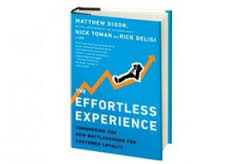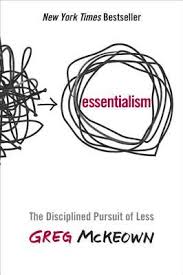Verdict Day
Yesterday I listened to a passionate and customer focused presentation. In it, the speaker talked about many things in the realm of customer needs and satisfaction but I was particularly intrigued by something he called “Verdict Day”.
In the story-line of any customer who purchases a product or service he said, there comes a day be it tomorrow, a week from now, a month from now or even 6 months from now, when Verdict Day arrives.
On this day, the decision is made whether the value of the purchase has exceeded the cost. This day must happen and does happen for everyone because after all, the value of anything we buy, or any partner we trust or any investment we make in consultants, employees and companies, must exceed the cost or we would not do it.
Everything your company sells no matter where you work does something valuable for a consumer or a business. I suspect we sometimes forget that in the moment, and obsess with the revenue, the commission check or the marketing glow of that awesome sale we just got and have no idea that Verdict Day even exists.
Problem is the jury is still out and Verdict Day is real but not yet arrived. And if that verdict is “no” and value has not exceeded the cost, the phone calls begin to come in, the cancellations start arriving, the positive reviews never happen, the product or service stops getting used, the emails stop getting opened and by far the worst scenario often occurs; the consumer or business never returns for more or different from you.
Verdict Day needs to be part of your marketing, sales and operations plans. It simply must be. Figure out when that day is and what you must do to be judged still worthy of your client’s investment.
Till next time,
Grow The Business.
Mark









